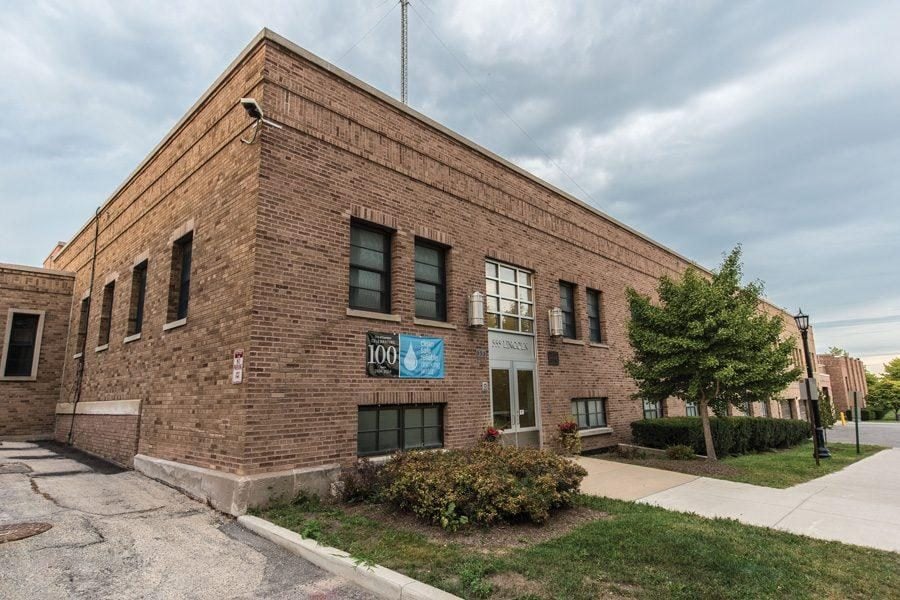Evanston receives $1 million from Illinois government to replace lead pipes
Daily file photo by Noah Frick-Alofs
The Illinois government will supply $1 million to replace lead pipes in south Evanston.
January 3, 2023
Evanston will receive $1 million from the Illinois government to replace lead pipes in south Evanston, according to a press release from State Sen. Mike Simmons (D-Chicago).
The city has more than 11,000 lead service lines. The new state funding will address the consistent impact lead pipes in south Evanston have on Black communities and other communities of color in the area, Simmons said in a Dec. 10 announcement.
Last year, Evanston also started a pilot program for replacing lead pipes across the city. Low- or moderate- income residents whose homes have already had their city-owned lead pipes replaced can apply to have their privately owned lead pipes replaced at no cost. Homes with partially replaced lead pipes are at high risk for lead poisoning, according to the Illinois Department of Public Health.
Other state legislation aims to address problems arising from Illinois’ about 670,000 lead pipes — the most out of any U.S. state.
The Lead Service Line Replacement and Notification Act took effect last year, creating a new fund for replacing lead pipes in Illinois and providing financial assistance for water quality programs. Additionally, an amendment to the Lead Poisoning Prevention Act, which took effect Sunday, requires public health departments to conduct follow-up inspections on homes issued mitigation notices for lead hazards.
Lead exposure can cause severe developmental issues that span generations. A 2020 Daily investigation found Evanston’s lead testing in water disproportionately focused on white communities at the expense of the city’s majority-Black wards.
Email: williamtong2026@u.northwestern.edu
Twitter: @william2tong
Related Stories:
— City looks to provide economic support to homeowners replacing lead water pipes
— Lead On: Drinking from a lead straw
— New Citizens’ Greener Evanston leadership fights for intersectionality, community engagement


